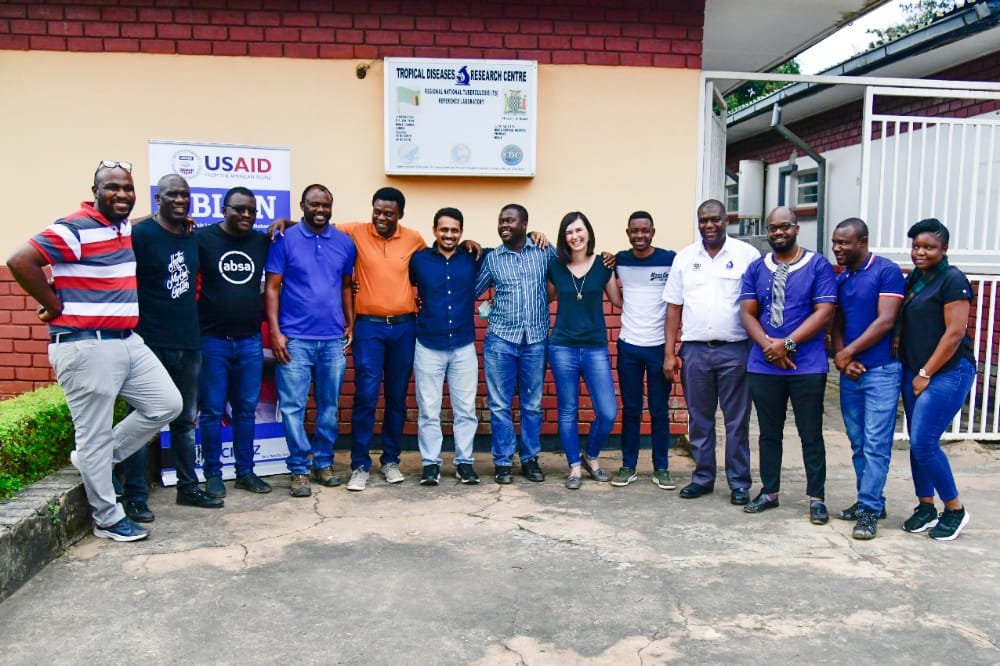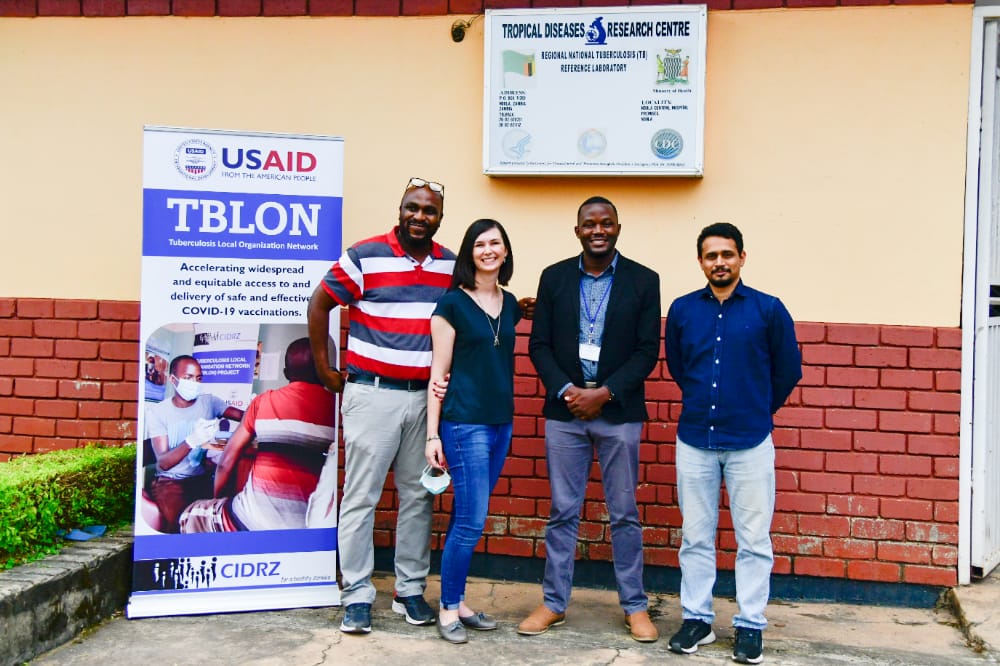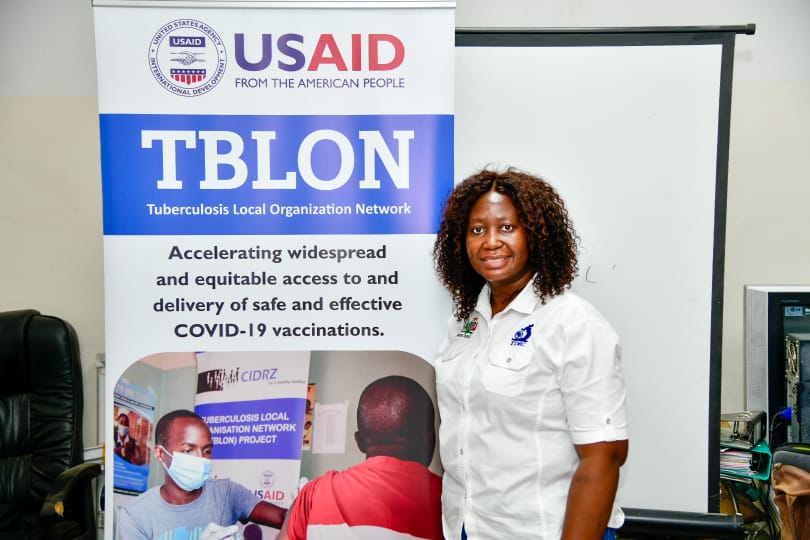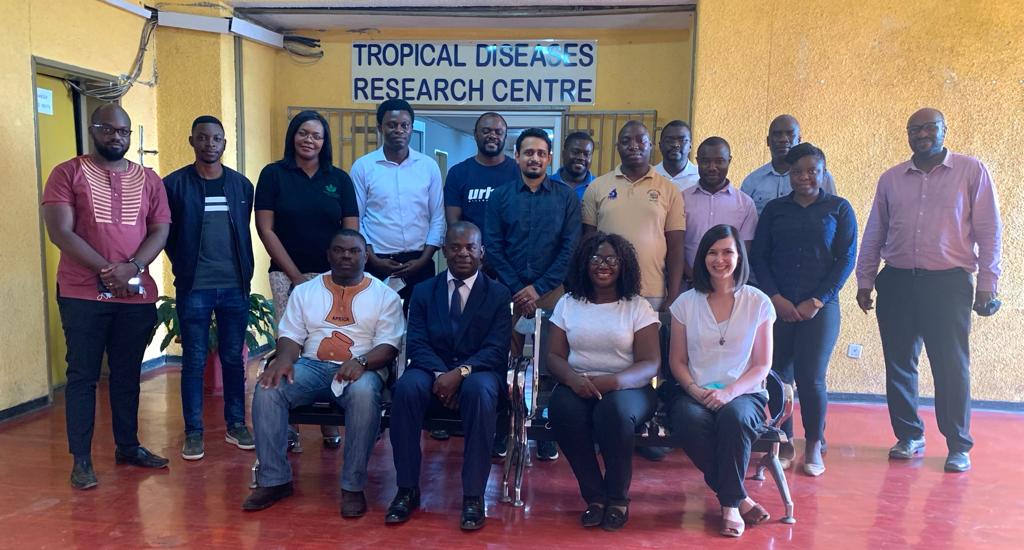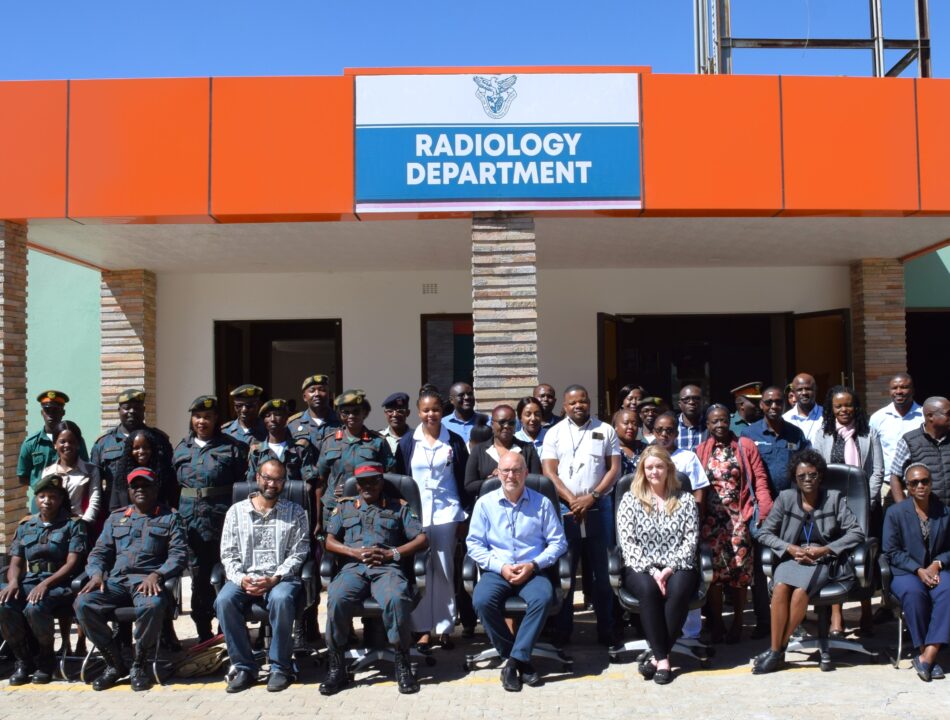- HOME
- ABOUT
- AREA OF FOCUS
- Research
- Enteric diseases & HIV vaccine Research unit
- HIV prevention, care & treatment
- Implementation Science
- Paediatric prevention care & treatment
- Vulnerable Children & Adolescent Health
- Tuberculosis
- Prison’s Health
- Social & Behavioral studies
- New Born & Women’s health
- Primary care and health systems strengthening
- Mental Health
- Hepatitis
- SUPPORT UNITS
- MEDIA
- News
- Annual reports
- Quarterly Newsletters
- Vol.24 CIDRZ Newsletter Q2 FY 2024
- Vol.23 CIDRZ Newsletter Q1 FY 2024
- Vol.22 CIDRZ Newsletter Q4 FY 2023
- Vol.21 CIDRZ Newsletter Q3 FY 2023
- Vol.20 CIDRZ Newsletter Q2 FY 2023
- 1st Quarter Newsletter FY2022/2023
- 4th Quarter Newsletter FY2021/2022
- 3rd Quarter Newsletter FY 2021/2022
- 2nd Quarter – FY 2021-2022
- 1st Quarter 2021-2022
- Research Abstracts/ Scientific Posters
- Research Presentations
- Gallery
- Videos
- TRAINING
- TOOLKITS
- Taskpen Toolkit
- Human Infection Studies (HIS)
- Menstrual Hygiene Management (MHM)
- Better Information for Health in Zambia Toolkit – 2017
- CommART Toolkit
- Operation Triple Zero Plus – HIV Literacy Package for Adolescents
- TASKPEN CLINICAL GUIDELINES :Protocols for the Integrated Management of Cardiometabolic conditions in Adult PLHIV
- JOBS
CIDRZ Supports MOH with a Bioinformatics and Server Management Training for Sequencing Lab staff

CIDRZ donates medicines and medical supplies worth over ZMW 7million to MoH through the USAID TBLON Project
July 6, 2022
CIDRZ holds stakeholder meeting with Health Facility In-Charges in Lusaka District
July 13, 2022The Centre for Infectious Disease Research in Zambia (CIDRZ) through the USAID TBLON Project is supporting the Ministry of Health (MOH) to increase access to COVID-19 genomic sequencing.
The project has trained eighteen (18) laboratory staff in bioinformatics and sever management which shall enhance the output from the Next Generation Sequencing for COVID-19. The training equipped participants with skills on how to use sequencing data to determine the strains of the virus in circulation in the target population and if it has mutations that are of public health importance.

The trained laboratory staff have been empowered with the technical capacity to determine the prevalence of COVID variants that may be more deadly, infectious and with the capacity of evading the effect of the vaccines. This information is analyzed and used to prepare the country’s response to upcoming surges in cases (waves).
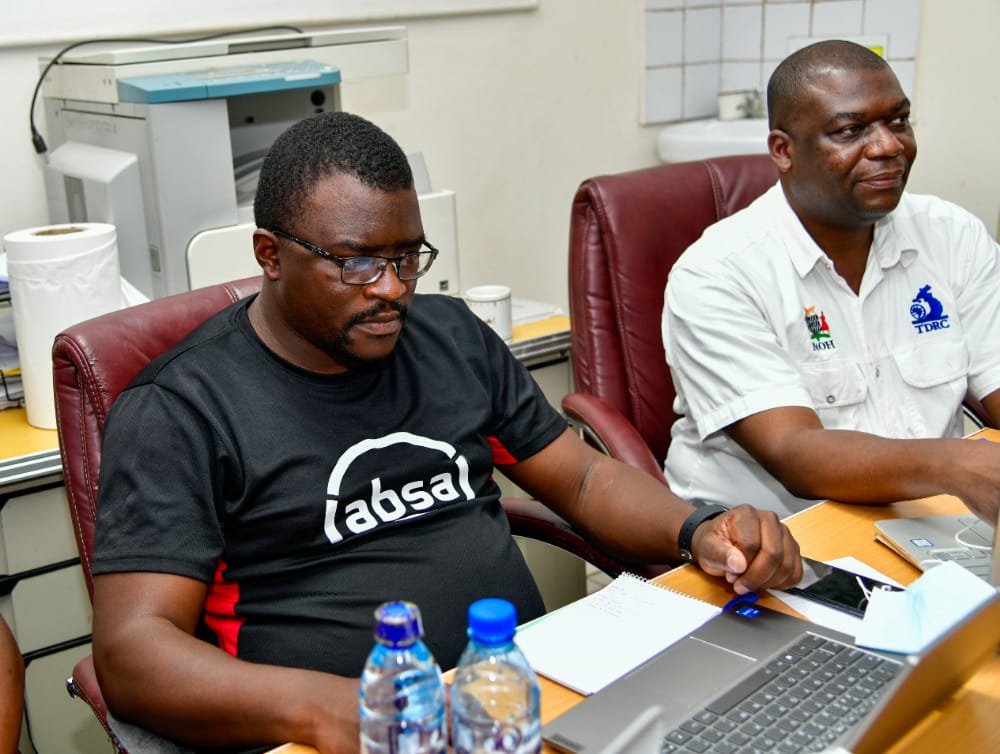
Through this support, the USAID TBLON project is supporting capacity building of laboratory staff from sequencing laboratories and the procurement of laboratory reagents for sequencing as well as laboratory instruments at the Tropical Diseases Research Center (TDRC) in Ndola.
This training is expected to be a precursor in the development of guidelines for bioinformatics of Next Generation Sequencing for COVID-19 and foster more research on the COVID genomes, right here in Zambia.
The training was a practical session that was conducted by top bioinformaticians from leading research institutions in Belgium and South Africa, respectively. Among the trainees were Lab staff from the TDRC, CHAZ lab, UTH virology lab, UNZA Vet Lab, Macha research center, CIDRZ lab.


